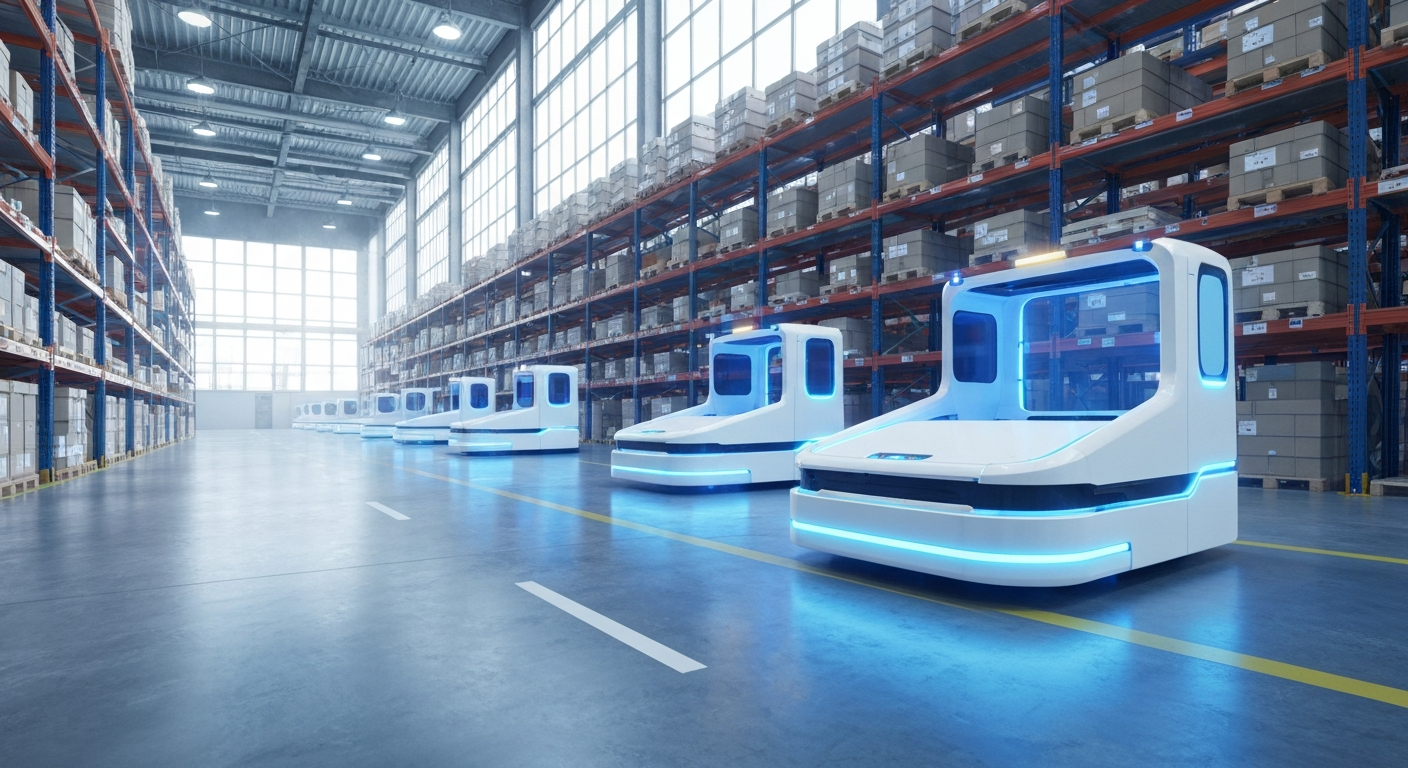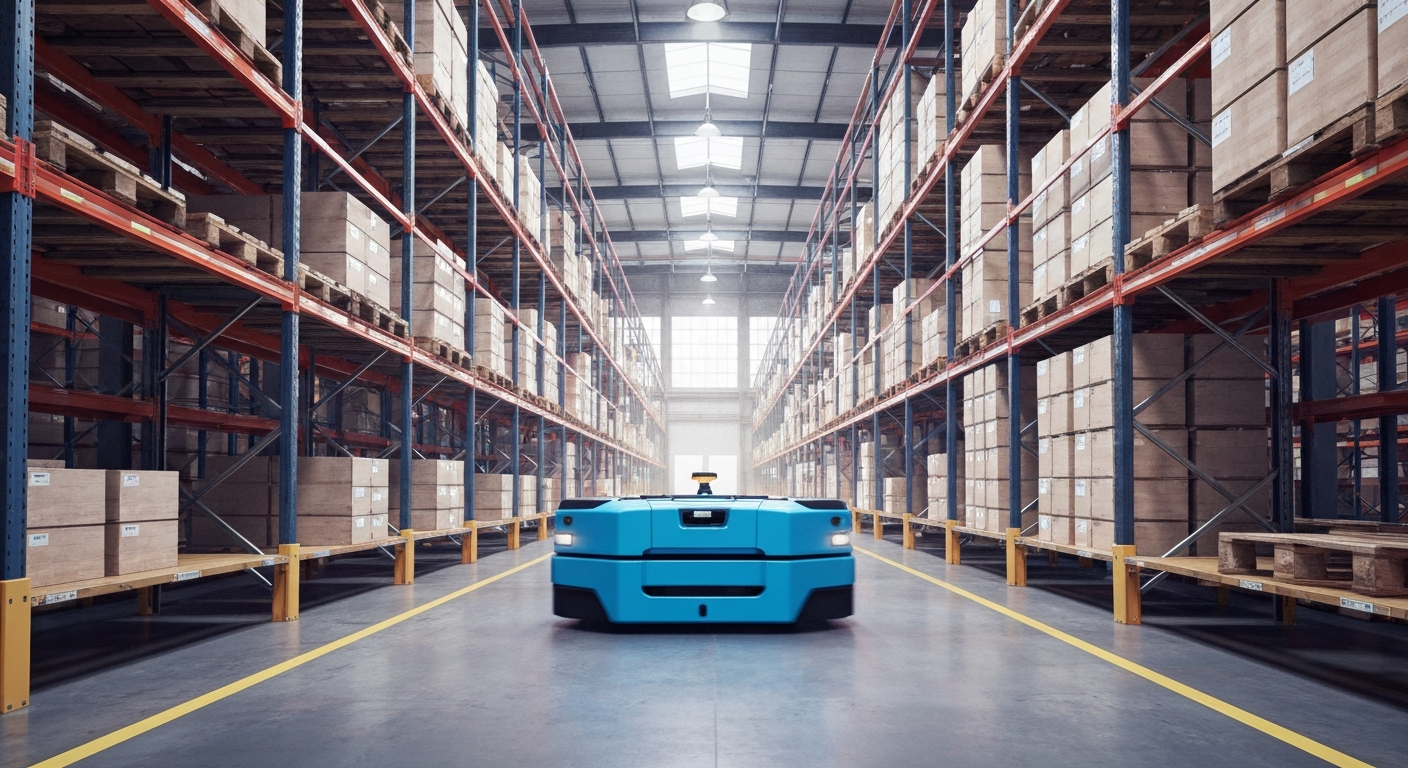What is Industry 4.0 Essay?
What is Industry 4.0 Essay?
Industry 4.0 PDF 2022, often referred to as the Fourth Industrial Revolution, is a groundbreaking concept that revolutionizes manufacturing and industrial processes by integrating advanced technologies. This transformative era is characterized by the use of automation, data exchange, and artificial intelligence (AI) to create what are known as "smart factories." These smart factories are designed to be more efficient, flexible, and connected than ever before. In Industry 4. 0, automation plays a vital role in streamlining production processes by reducing human intervention and enabling machines to carry out tasks with precision and accuracy. Through data exchange facilitated by the Internet of Things (IoT), machines can communicate with each other in real-time, sharing valuable information that enhances overall productivity and decision-making. Moreover, the integration of AI technologies further enhances the capabilities of Industry 4. 0 systems. AI algorithms can analyze vast amounts of data generated within these smart factories, enabling predictive maintenance and optimizing production schedules based on real-time demand forecasting. The benefits brought about by Industry 4. 0 are manifold. Enhanced efficiency leads to reduced costs and increased productivity for manufacturers. The flexibility inherent in this paradigm allows for rapid adaptation to changing market demands while maintaining high-quality standards.
Furthermore, Industry 4. 0 enables a new level of connectivity among various stakeholders throughout the supply chain network. This interconnectedness facilitates seamless collaboration between suppliers, manufacturers, distributors, and customers – resulting in improved coordination, faster response times, and greater customer satisfaction. As Industry 4. 0 continues to gain momentum worldwide across diverse industries such as automotive manufacturing, electronics production, pharmaceuticals, and more – it promises a future where technology-driven innovation transforms traditional industrial practices into highly sophisticated systems that drive economic growth while meeting evolving customer needs efficiently

What is the 1st 2nd 3rd and 4th Industrial Revolution?
The first industrial revolution, which took place in the late 18th century, marked a significant milestone in human history. This revolution was characterized by the introduction of mechanization, powered by water and steam. This technological breakthrough brought about a drastic change in industries, allowing for increased efficiency and productivity. Moving forward to the late 19th century, the world witnessed the advent of the second industrial revolution. This period saw remarkable advancements in electricity and mass production techniques. The utilization of electricity as a power source opened up new possibilities for innovation and automation, leading to exponential growth in industries such as manufacturing and transportation. Fast forward to the late 20th century, we witnessed yet another transformative phase known as the third industrial revolution. This period was sparked by the rise of computers and automation technologies. Computers became more accessible and affordable, enabling businesses to streamline their operations through digitalization. With computers becoming an integral part of various industries, automation played a crucial role in enhancing efficiency, reducing human error, and optimizing processes. The third industrial revolution laid the groundwork for further advancements in artificial intelligence (AI) and robotics. It is important to note that these industrial revolutions have not only shaped economies but also had profound impacts on society as a whole. They have paved the way for rapid globalization, urbanization, changes in labor practices, and transformations in communication systems. As we move into an era driven by technology like AI-powered systems and IoT (Internet of Things), we are entering what some call the fourth industrial revolution or Industry 4. 0. This era promises even more integration between physical systems and digital technologies through advancements such as big data analytics, machine learning algorithms, cloud computing capabilities, and smart devices interconnected via internet networks. The fourth industrial revolution holds immense potential to further transform industries across all sectors by enabling greater connectivity between machines, humans, processes, data analysis tools while driving innovation at an unprecedented pace. In conclusion, each industrial revolution has represented a significant breakthrough in human history, with advancements in different technologies leading to transformative changes in industries and societies. As we continue to progress, it is essential to embrace these technological advancements and navigate the challenges they bring, ensuring that we harness the benefits for the betterment of humanity.
Industry 4.0
The term "Industry 4. 0", which was originally coined in Germany back in 2011, has gained significant global recognition since then. It symbolizes a transformative shift from conventional manufacturing methods to a more advanced and interconnected approach that heavily relies on digital technologies. This paradigm shift encompasses the integration of cyber-physical systems, the Internet of Things (IoT), cloud computing, and artificial intelligence (AI) into industrial processes. With Industry 4. 0, businesses aim to achieve greater efficiency, flexibility, and competitiveness by leveraging real-time data exchange, automation, and intelligent decision-making capabilities across their entire value chain.
Industry 4.0 Technologies Meaning
The concept of Industry 4. 0 represents a significant leap forward in the evolution of industrial processes and manufacturing. Building upon the previous industrial revolutions, Industry 4. 0 harnesses the power of cutting-edge technologies such as robotics, Internet of Things (IoT), big data analytics, cloud computing, and cyber-physical systems. By leveraging these advanced technologies, machines are now able to communicate with one another seamlessly, forming a connected network commonly referred to as the Industrial Internet of Things (IIoT). This interconnectedness allows for the exchange and analysis of real-time data across various devices and systems. One of the key advantages that Industry 4. 0 brings is the ability for machines to make decentralized decisions based on this real-time data. With access to vast amounts of information, machines can autonomously optimize production processes, identify potential issues or bottlenecks, and even predict maintenance needs before they occur. Additionally, Industry 4. 0 enables businesses to achieve increased operational efficiency by implementing intelligent automation solutions that streamline workflows and reduce human error. Through robotic automation and smart systems integration, industries can achieve higher levels of productivity while minimizing costs and improving overall quality. Furthermore, the use of big data analytics within Industry 4. 0 allows companies to extract valuable insights from large volumes of structured and unstructured data generated by various sensors and devices throughout their operations. These insights can then be used to drive informed decision-making processes that optimize resource allocation, improve product quality control measures, enhance supply chain management strategies, and unlock new business opportunities.
In conclusion, Industry 4. 0 represents a paradigm shift in industrial practices by harnessing transformative technologies like robotics, IoT devices, big data analytics techniques coupled with cloud computing capabilities enabling improved communication between machines resulting in decentralized decision-making based on real-time data. This revolution empowers businesses with greater operational efficiency while facilitating informed decision making through insightful analysis ultimately leading to enhanced productivity levels within organizations across various industries.
In simple words, Industry 4.0 refers to the use of advanced technologies to transform traditional industries into smart, connected systems that optimize efficiency, productivity, and decision-making.
As for Industry 5.0 examples or definitions specific to PDFs or standards related to Industry 4.0 or Industry 5.0 are not widely available at this time since Industry 5.0 is still an emerging concept without established standards or widely recognized examples as of now



